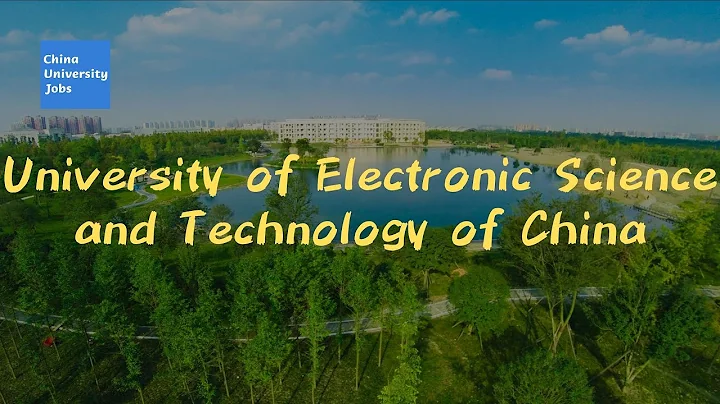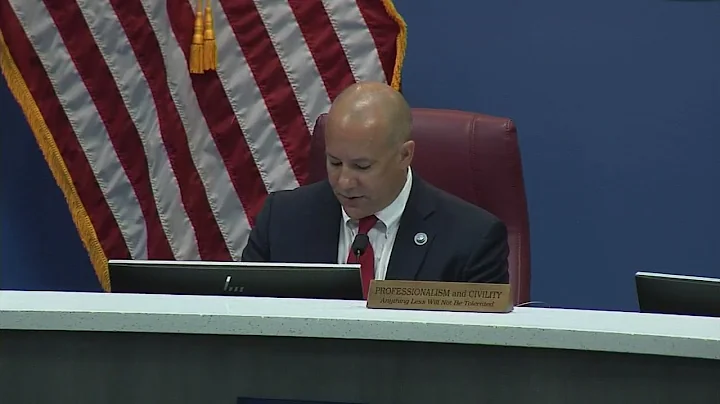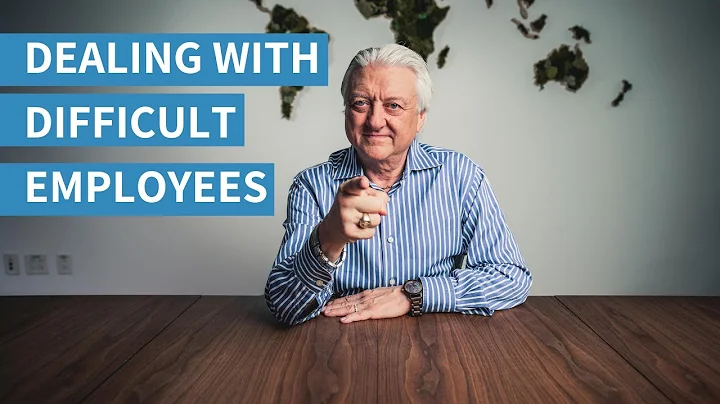Recently, University of Science and Technology of China released the admission brochure for the 2019 Junior Class and Junior Class "Innovation Pilot Class". Suddenly, the USTC Junior Class has come into the eyes of parents and candidates. It has been 40 years since the Junior Class was held, and a large number of outstanding talents have emerged from the Junior Class. What is their current status?

Introduction to the Youth Class
In 1978, newspapers, magazines and TV shows all over China gathered.
Forty years ago, on March 9, 1978, 21 teenagers from across the country were selected to enter the University of Science and Technology of China, becoming China's first youth class college students. The oldest is 16 years old and the youngest is 11 years old. They were known as the "young commandos in the wilderness of knowledge" and, more often, as "prodigies".
The "Youth Class" of the University of Science and Technology of China has been in existence for forty years.
As of now, a total of 4,140 people have graduated from the Junior College, and about 90% of the graduated alumni have entered domestic and foreign education and research institutions to continue their studies.
Over the past 40 years, the Junior Class has trained a total of 5 academicians:
Zhang Yaqin, a 1978 Junior Class student, an academician of the Australian National Academy of Engineering, and the president of Baidu.
Luo Liqun, a 1981 junior class student, academician of the National Academy of Sciences of the United States, professor of Stanford University.
Du Jiangfeng, a junior class student in 1985, is an academician of the Chinese Academy of Sciences and vice president of the University of Science and Technology of China.
Zhuang Xiaowei , a 1987 junior class student, is an academician of the National Academy of Sciences, a foreign academician of the Chinese Academy of Sciences, and a professor at Harvard University.
Gu Jianjun, a 1987 junior class student, an academician of the Canadian Academy of Engineering and a professor at Dalhousie University in Canada

China's first child prodigy - Ningbo
in 2008. Southern Weekend published an article "Ning Bo, the Young Genius Who Gone Away", which tells the story of the former "number one child prodigy" who "suffered from the pain of inferiority while having to arm himself to look like a genius" after entering the youth class, and finally escaped into Buddhism. . For a time, there was an overwhelming voice that the youth class was "destroying the talents". Many people believed that the youth class had become a "black hole", causing some "prodigies" to disappear from all living beings.
In 1978, newspapers, magazines and televisions across China focused on a young genius named Ning Bo. More than 20 years later, some people listed him as a "person of the era" of that era along with Zhang Hua and Zhu Boru.
Let’s first take a look at the experience of this child prodigy:
was born in 1965 in Ganzhou, Jiangxi to an ordinary worker family.
lived in Shenyang until he was four years old. He was taken care of by his grandmother and did not enter kindergarten. It is said that Ning Bo could memorize more than 30 Mao Zedong poems when he was 2 and a half years old, could count to 100 when he was 3 years old, and learned more than 400 Chinese characters at the age of 4.
went to Ganzhou, Jiangxi Province at the age of five and entered the Children's Primary School of the Power Supply Bureau. I had a wide range of hobbies in primary school. Play Go, watch the stars, learn Chinese medicine, and recite poetry.

Young boy Ning Bo (second from right) and his classmate
entered the youth class of the University of Science and Technology of China at the age of 13 and became a college student. After entering college, my interest was in astronomy. Since the University of Science and Technology of China does not have this direction, and the country attaches great importance to physics, Ning Bo chose physics as his major.
graduated with a bachelor's degree at the age of seventeen and stayed at school to teach. I couldn't take the postgraduate entrance examination or go abroad, so I stayed at HKUST to teach. No papers published during his teaching period were found online.

Ning Bo, who became an eminent monk, got married at the age of thirty-three and had children. At the age of thirty-eight, he became a monk and engaged in Buddhism. Now he has become an eminent monk and enjoys the purity of Buddhism.
The real "Youth Class"
The Junior Class of the University of Science and Technology of China can be called the Whampoa Military Academy of China's academic elite. From Xiaowei Zhuang, the youngest Chinese academician of the American Academy of Sciences, Baidu President Zhang Yaqin, to Harvard professor Yin Xi who broke the Chinese age record for promotion, Lu Zhengtian who invented the atomic trap tracking analysis method, and discovered the world's smallest carbon nanotube Qin Luchang , Lanting Jishi CEO Guo Quji . Currently, more than 70% of the junior class alumni are active in the fields of economy, IT, finance, manufacturing and other fields at home and abroad. One-third of them have obtained doctorate degrees, usually around the age of 30. Make impressive achievements.
Today, the 40-year-old junior class of the University of Science and Technology of China has developed from a separate class into an independent college.The juvenile class is established for precocious children and recruits non-fresh high school students under the age of 16. In addition, there are "teaching reform pilot classes" for students with excellent college entrance examination scores, and "innovation pilot classes" that first interview and then take the college entrance examination. The school's philosophy has also shifted from "producing talents early and producing talents quickly" to cultivating "talents who can lead China's development". Innovative talents”.
Head of the HKUST New Alumni Foundation Liu Zhifeng claims to be one of the people who knows the junior class best in the world. In 1995, he entered the education reform pilot class (also known as "Class 00") with the first place in the Jiangxi Provincial College Entrance Examination.
During Liu Zhifeng's time, the University of Science and Technology of China mixed students from the Junior Class and "Class 00" into classes to receive education from the Junior Class together. "This is conducive to learning from each other. The older children have good self-control and a solid foundation, while the younger ones are particularly smart and spiritual."

MIT tenured full professor, chair professor of the Department of Nuclear Science and Engineering, and Li Ju, a professor in the Department of Materials Science and Engineering
, a senior who is five grades above him, also grew up in a mixed class. Looking back on that year, he said: "The 30 junior class classmates lived together with 30 00 class classmates who were two or three years older and took classes together. Generally speaking, it was quite friendly and the atmosphere was harmonious. My intermediate and advanced computer programming skills are basically all I learned it from my classmates.”
Li Ju is a tenured full professor at MIT, a chair professor in the Department of Nuclear Science and Engineering, and a professor in the Department of Materials Science and Engineering. In a flash, it has been 21 years since he graduated from the Department of Modern Physics, a junior class. After four years of college, Li Ju gained an extremely solid basic science education. "The junior class has been of great help to the growth of my scientific research career. Generally speaking, it should be no less than any program (project) at any university on the earth." Li Ju said. While studying for a PhD at MIT, he voluntarily took 36 graduate courses, which was four times the doctoral credit requirements of the school's Department of Nuclear Engineering, covering 7 science and engineering departments. Moreover, Li Ju's transcript did not have a B— —All A’s in 36 classes. "In addition to talent and hard work, you also need good luck." Li Ju felt that he was very lucky.
Geniuses don’t need to follow the steps
However, what Li Ju will never forget is an anecdote about his classmate Di Yu, the “number one academic master” Di Yu: “My roommate Di Yu has a very good memory and has a photographic memory. Once during the high school entrance examination, Di Yu After Yu returned to the dormitory, he cried and said that he failed in the exam. After a long time of admonishment, Di Yu still ranked first in the class. "
Di Yu is indeed unusual in reading. Getting a degree is like cutting melons and vegetables. At the 2014 Chicago-Kent School of Law graduation ceremony, it took the dean almost a minute to read his degree.
Liu Zhifeng also mentioned Di Yu: "There are indeed many strange people in the youth class. We have seen a lot, so we are not surprised." In high school, Liu Zhifeng also had the aura of a "smart person". Before entering the youth class, he Ben was mentally prepared, but he really couldn't take the first place in the exam and became an ordinary student in the class. "My whole self-esteem will still collapse."

Hu Lei Wancheng, the co-founder of Wancrab Technology and a member of the 2003 Junior Class
Hu Lei Wancheng of the 2003 Junior Class and Chen Tianshi of the 2001 Class also felt deeply about this. Hu Lei Wancheng remembered that the characteristics of his classmates were very different from each other, and there were quite a few "strange people and strangers". Chen Tianshi once had an inferiority complex. “At first, I would wonder if I was too stupid, but then I discovered that some of my classmates had particularly good memories, some had strong logical thinking skills, and some had quick reactions. I was not that bad after all. Everyone has their own strengths, so I feel relieved.”

Chen Tianshi, a researcher at the Institute of Computing Technology of the Chinese Academy of Sciences and an expert in artificial intelligence
"There must be some people in this society whose intelligence and physical strength are beyond the reach of ordinary people. We have to study until 11 o'clock every day, but there must be some people in the youth class who do not work all day long. Studying, playing football, and before the exam, I asked for advice on how to solve problems. He would write to you while reading martial arts novels and said, "Take it and memorize it."" Therefore, Liu Zhifeng believes that it is meaningless to discuss whether there is a need for youth classes. "When you meet really smart people like these, if you ask them to go to high school step by step for three years and review them repeatedly, it is actually a kind of devastation. "
Awesome No need to explain
Just like any class, there are cases where students cannot adapt to the youth class model. In 2013, two "prodigy dropout incidents" were exposed one after another. At the age of 17, he was admitted to the Institute of High Energy Physics of the Chinese Academy of Sciences for a master's and doctoral degree. Wei Yongkang who studied, was dropped out of school when he was 19 because his ability to take care of himself was poor and his knowledge structure did not adapt to the research model of the Chinese Academy of Sciences; Wang Sihan who was admitted to Shenyang University of Technology at the age of 14 was also kicked out of the school because of zero scores in many subjects. "Ordered to drop out of school."
Controversies over the youth class model have arisen from time to time. In 2005, a Southern Weekly article titled "In Search of the Former Prodigy" reported the story of Ning Bo, a student in the youth class who became a monk three years later. , Southern Weekend also stated in the article "Ning Bo, the Young Genius Gone Away" that the appearance of this young man and his curtain call in middle age were full of drama, which was in line with the collective psychology of the Chinese people and their insatiable desire for deification and legend. They jointly participated in the creation of the myth and the subsequent "Shang Zhongyong" in that specific era. However, Ning Bo had profound attainments in Buddhism and also gained the admiration of people around him. Teaching quantum mechanics, Chinese medicine, and Buddhism courses in schools. “There will be no shortage of lunatics and lunatics in a good university. I have great respect for the students in the early youth class because they are the martyrs of reform. They once inspired a generation to respect knowledge. Why can’t society and the public be more tolerant and blessing? ”

Yin Xi, the youngest Chinese full professor at Harvard University
Recently, Yin Xi, who graduated from the junior class, was promoted to a professor at Harvard University at the age of 31, breaking the Chinese record. The news brought joy and excitement to the circle of classmates. . In addition to the warm celebration, Li Ju, who is already a well-known scholar in the field of computer materials science, also said, “I strongly feel that society (human civilization) has given me more, but I have given less to society. Hopefully this situation will change in the next decade. "Standing on the threshold of the age of forty, Li Ju said with a smile, "For scientists, being 'not confused' is not a good thing. I do still get confused a lot. "I swim for half an hour every day to help reduce stress and never stay up late. Li Ju feels that he is in good condition.
Someone asked, nowadays, apart from those successful names, how are the other graduates of the junior class doing now? Invisible to everyone, living a mediocre life. ? Not really. Liu Zhifeng said that the youth class is not about sacrificing many people to achieve a small number of people. In addition to the well-known outstanding talents, there are also a lot of people who are doing well in the eyes of ordinary people. At the gathering every year, some of them are the chairman of the company, industry leaders, or the technical director of a company. Although not everyone has achieved the same astonishing achievements as Yin Xi, the average life happiness index is good, and there are very few people whose living conditions are very poor. "
So we can't just look at some bad exceptions among these prodigies. The media always likes to magnify the negative side of all events. In fact, most of the awesome prodigies are still awesome.





















